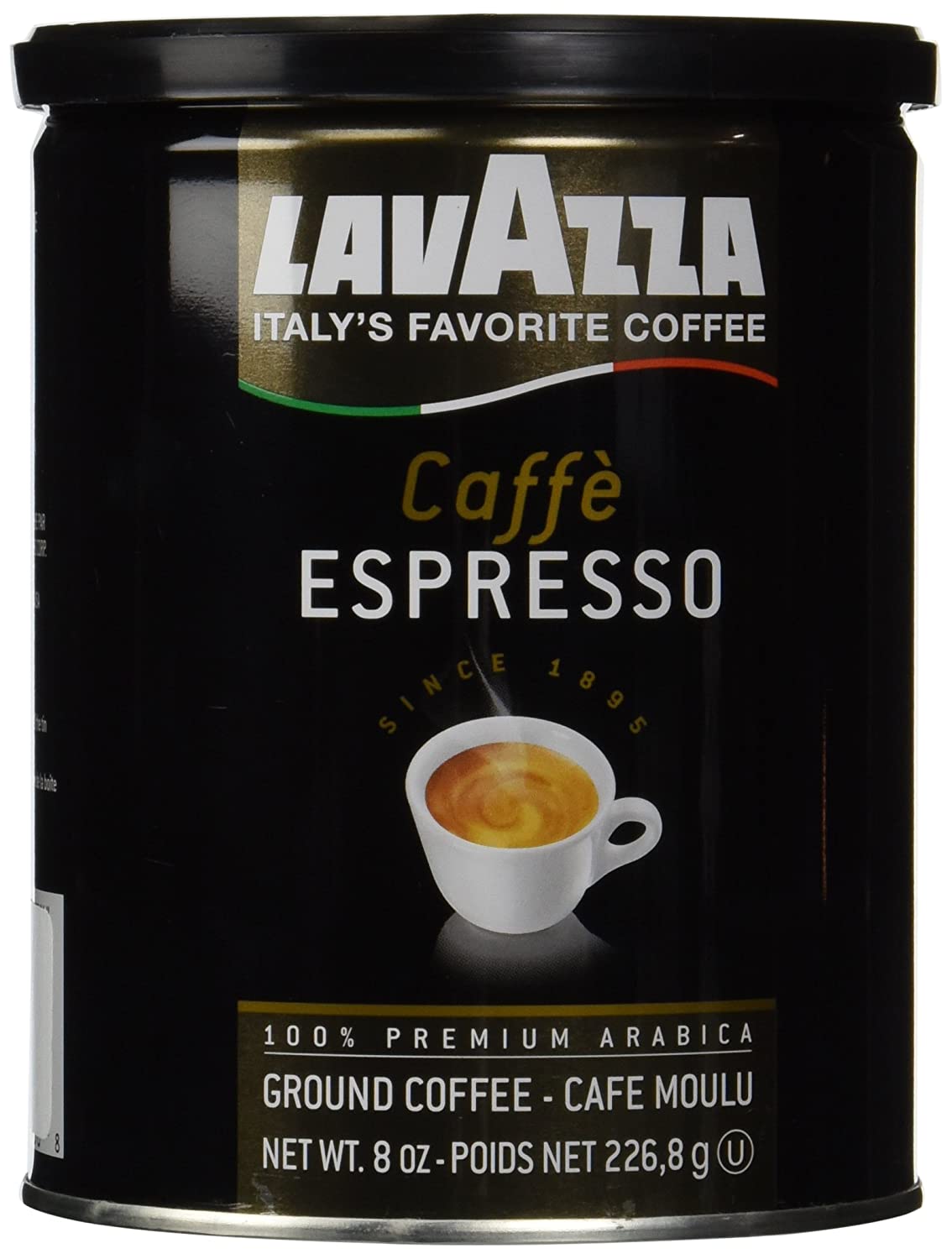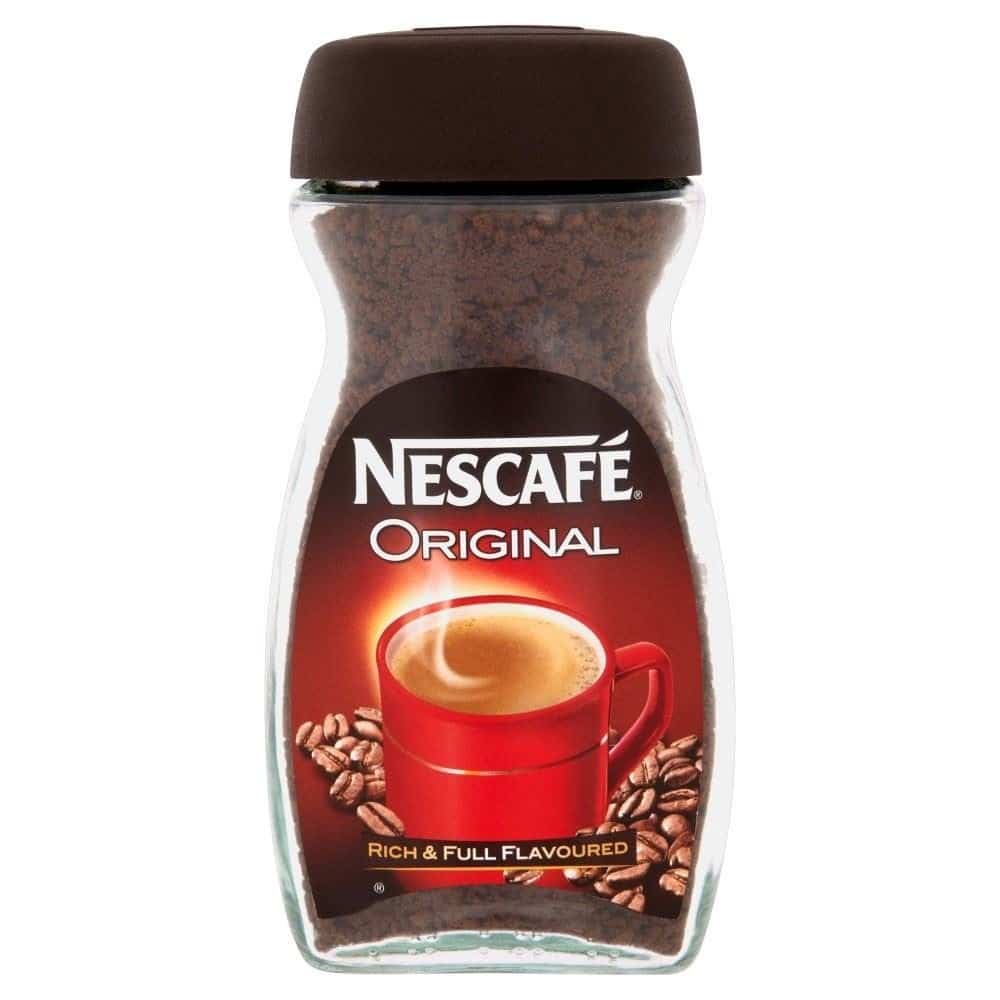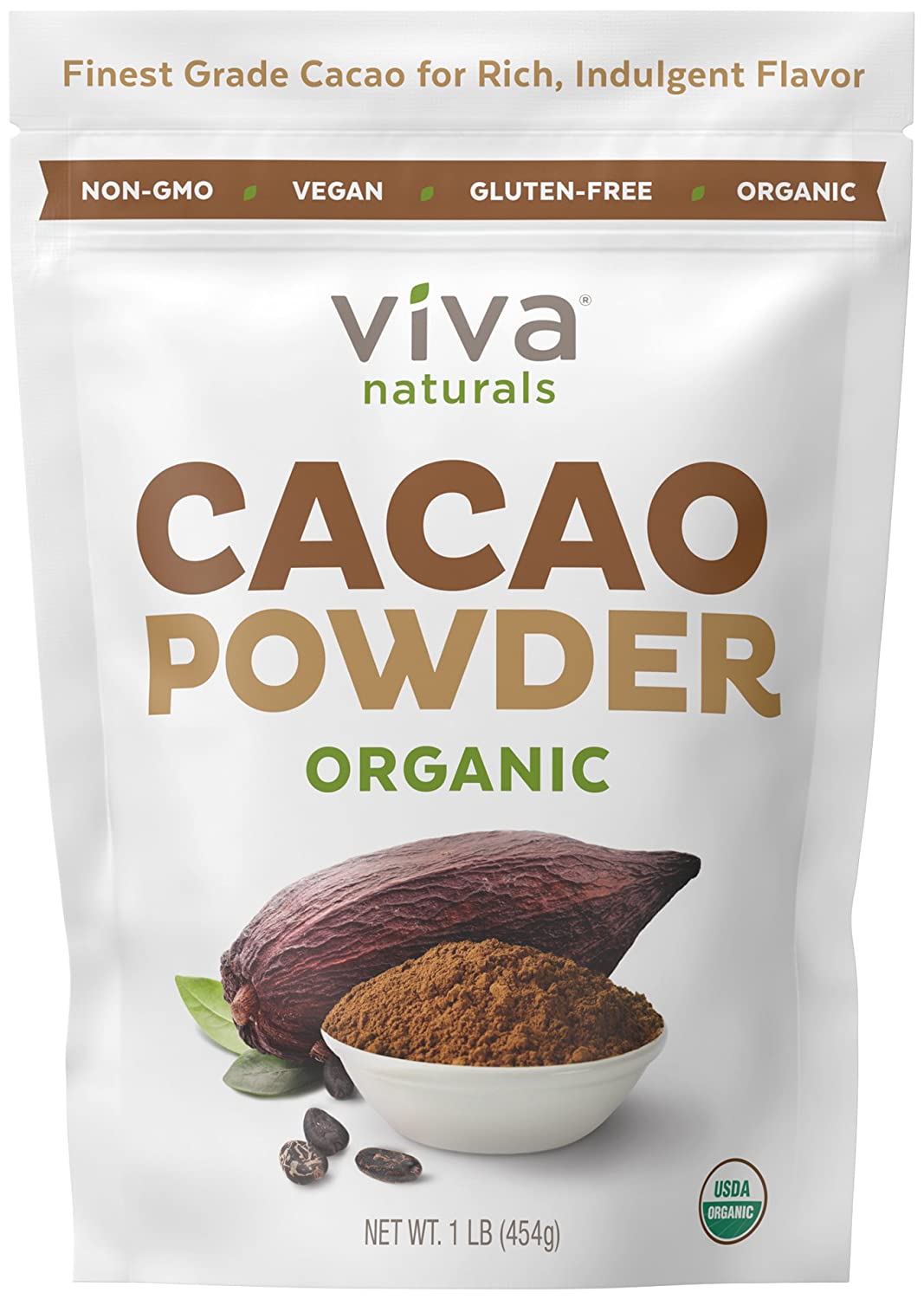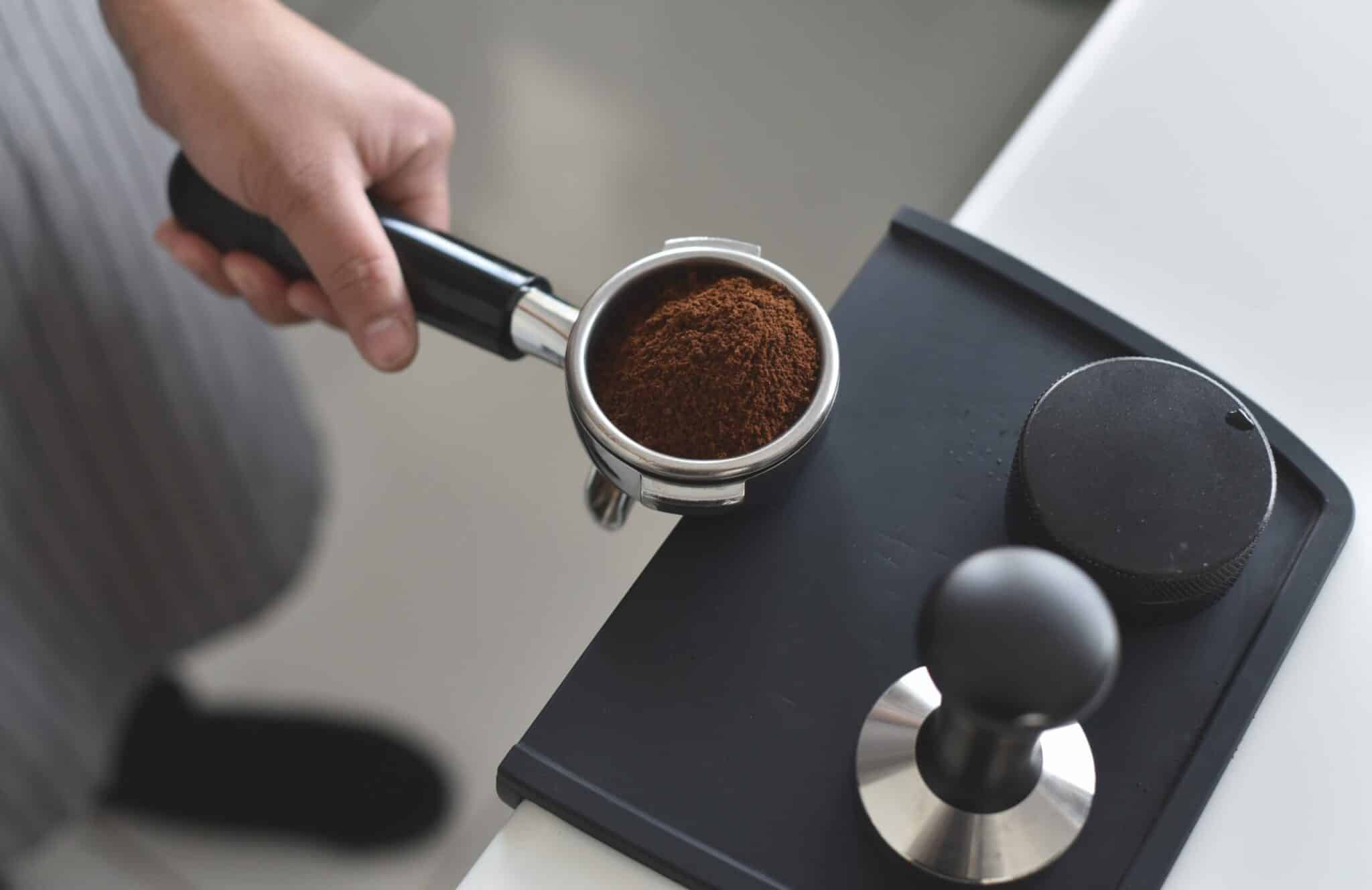While many only see it as a brew for slow days, espresso powder has found its way into many recipes and dishes as well. It makes a tasty ingredient that adds presence to both the appearance and flavor of many dishes across the world. And if you ever find yourself in a pinch because you’ve run out of it for your cooking, these substitutes will easily come to your rescue and create the same effects in your recipes.
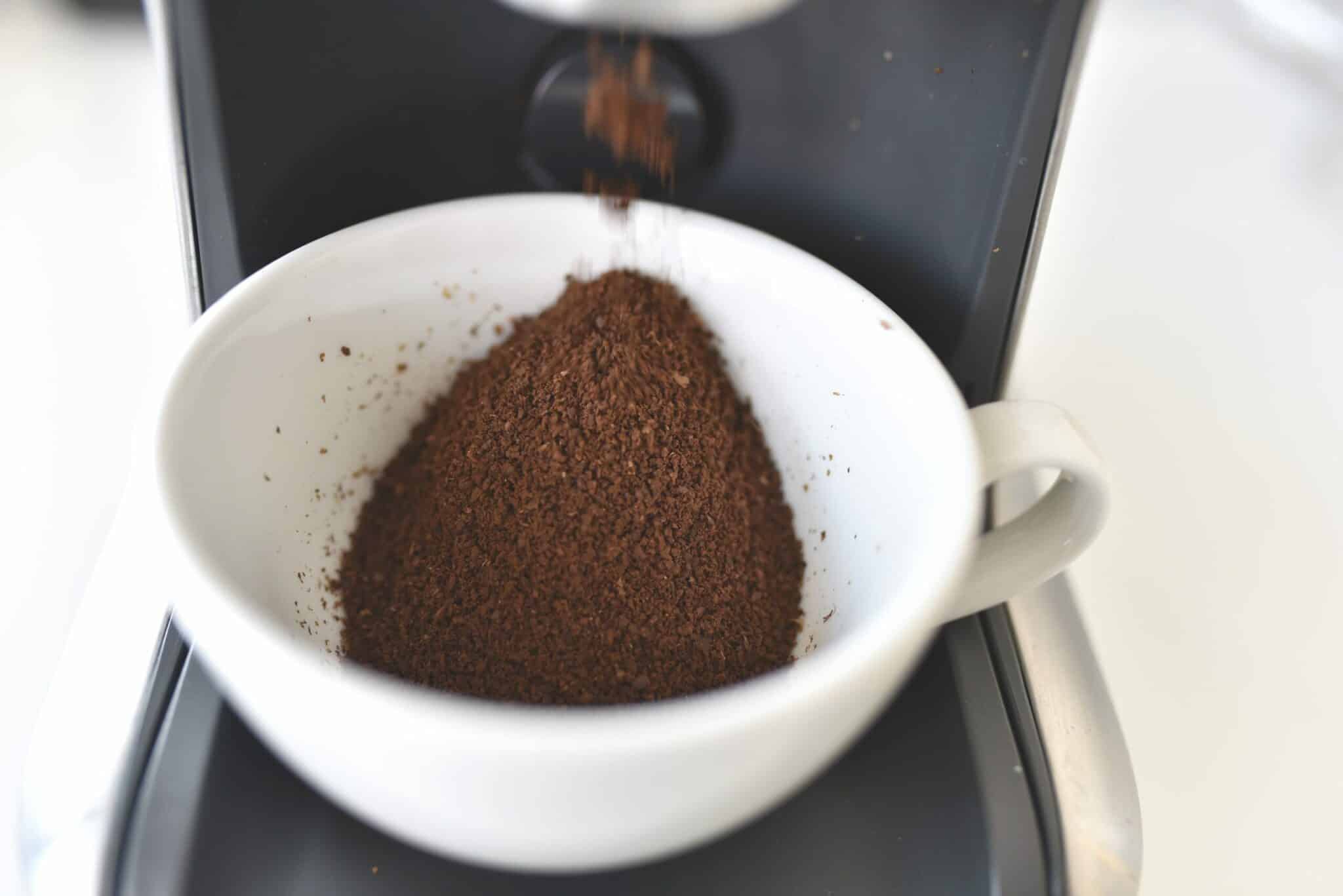
What is espresso powder?
While the answer seems so obvious, there’s a bit of technicality to it. In the eyes of the common man, espresso powder simply passes as finely grounded espresso coffee beans. But to a chef, it’s more than that. It’s a highly concentrated instant coffee powder with a higher intensity than regular batches. The color is darker, the coffee flavor is stronger and the richness is more rounded. It’s also more potent, so you can’t scoop it the same way you do regular espresso coffee. With espresso powder, you need to recheck your brewing measurements!
Espresso Nutrition Facts
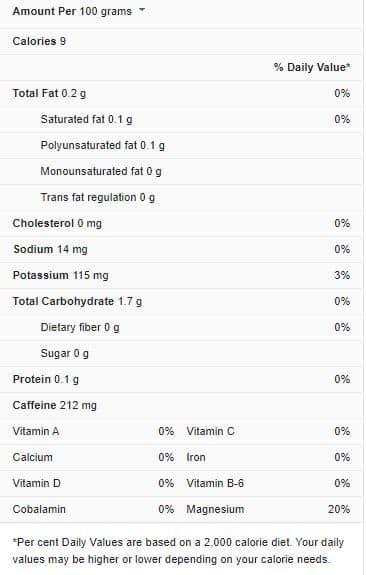
Espresso powder uses
Most people relegate espresso powder to just a brew for the morning rush, but its uses in the culinary world are almost limitless. It’s a cherished addition to many baked goods and is renowned for bringing out richness and intensity in flavor and appearance. It’s especially loved in chocolate-based recipes. Its powerful coffee flavor and extremely dark shade add a 2-in1 specialty in chocolate desserts- a powerful complementary flavor and a rich, alluring darker hue. And it’s not limited to coffee alone, as espresso powder is also a popular addition to many sweet desserts as well!
You’d think its uses are only limited to dessert and sweets but it doesn’t stop there. Espresso powder has also found its way into many savory dishes as well. Its flavor is so flexible, you’re sure to get something out of it in almost every recipe. Whether it’s a smoky hint, a botch of bitterness to balance the sweet and spicy, or a rich, tempting aroma and shade, the applications of espresso powder in both baking and cooking are mind-boggling.
To emphasize, these are a few of the many ways culinary enthusiast have applied this strong-flavored ingredient in different recipes;
- Brownies
- Waffles
- Roasted almonds
- Spicy sauces
- Hot fudge
- Salsa dips
- Chocolate cakes
- Nut butter
- Vegetarian chili
- Dry rubs for meats
- Stews
- Truffles
- Chocolate cookies
- Baby back ribs
- Tiramisu
- Chocolate ganache
- Ice cream sprinkles
- Chocolate frostings
- Chocolate soufflés
Espresso powder substitutes
Because it’s such a fun ingredient with numerous culinary applications, running out of espresso powder just when you need one in the kitchen can be heartbreaking. But the good news is you can find great substitutes to help take its place in such situations. With the right guidance and constant experimentation, you’ll come to find these alternatives to be almost as good as the original choice.
Ground espresso
Technically, espresso powder is originally made by grinding, brewing, drying, and regrinding regular espresso beans. So, if you happen to have ground espresso around you, they can pass as ideal substitutes. And because it hasn’t been brewed, ground espresso has a stronger flavor than espresso powder. This potency makes it a great substitute for espresso powder, but you’ll have to cut down the quantity by half if you want to use it. This means if the recipe calls for 1 teaspoon of espresso powder, replace it with ½ teaspoon of ground espresso. Ground espresso works in all recipes that call for espresso powder. And for best results, you can grind it into a finer texture for better distribution and release of flavor.
Instant coffee granules
Both instant coffee granules and espresso powder are made in similar ways, with the exception that the latter is stronger. Still, it makes an excellent substitute for espresso powder, especially in chocolate desserts. It also works for meat rubs and some savory dishes, and in recipes where you need the intensity of color, espresso powder can give. When using instant coffee granules, you should go for the dark roast types as these are closest in flavor to espresso powder. And substitute 1 tablespoon of instant coffee granules for ½ tablespoon espresso powder in your recipes. If you’re mixing it in cookie dough, dissolve the granules first so it incorporates better in the batter.
Natural cocoa powder
A common reason for adding espresso powder to many recipes is its bitter flavor. And if this is what you seek, you can create it by using natural cocoa powder. Unlike the processed types, it still retains the sharp, bitter fruitfulness of cocoa beans. This property makes it perfect in chocolate dessert recipes, and dishes that wish to balance the savory and spicy flavor with a hint of bitterness. Natural cocoa powder can be substituted for espresso powder in an equal ratio, and if the recipe already calls for it, just increase the quantity.
Brewed espresso
Since it’s espresso coffee mixed in water, you can use brewed espresso to impart flavor and richness to your recipes. And because it’s in liquid form, the taste is dispersed faster in the dish, compared to its solid counterpart. Brewed espresso can be used in recipes that easily accept liquids, like cakes and batter for cookies. The only drawback is the added water in it, so to balance it up, reduce the quantity of water originally stated in the recipe.
Brewed coffee
If you have brewed coffee at home, it also makes a great substitute for espresso powder. Brewed coffee is especially convenient for recipes that have liquid in them like stews, chilies, dips, and batter. Always use the darkest roast if you want to match the same flavor potency as espresso powder. And mix with lesser water to ensure the strength isn’t diluted. If you can ensure this, then brewed coffee can be equally substituted for espresso powder in liquid dishes, with the water content in the recipe reduced to ensure the expected consistency.
Frequently asked questions (FAQs)
How do you make espresso powder at home?
Preheat your oven to 200 °F and spread the espresso beans on a baking sheet. Make sure it’s in a single layer. Leave to bake for about an hour, or until it’s lightly dried and toasted. Then, remove from the oven and grind in a spice or coffee grinder. Do it in batches until you attain a finer texture.
Are instant coffee and espresso powder the same thing?
No, they’re not. Espresso powder is stronger than instant coffee, since it’s made from ground, brewed, dried, and re-ground darkly roasted coffee beans.
What non-coffee substitutes can I use for espresso powder?
Dutch-processed cocoa powder. But it’s been alkalized so, the bitterness has been omitted, compared to natural cocoa powder. Still, you can use it to produce more depth and intensity in your recipe.
Conclusion
Knowing the versatility of espresso powder in cooking and baking can make finding the perfect substitute seem impossible. But each alternative mentioned above can do the job just as well. So, take your time to work with them on your next culinary adventure.
